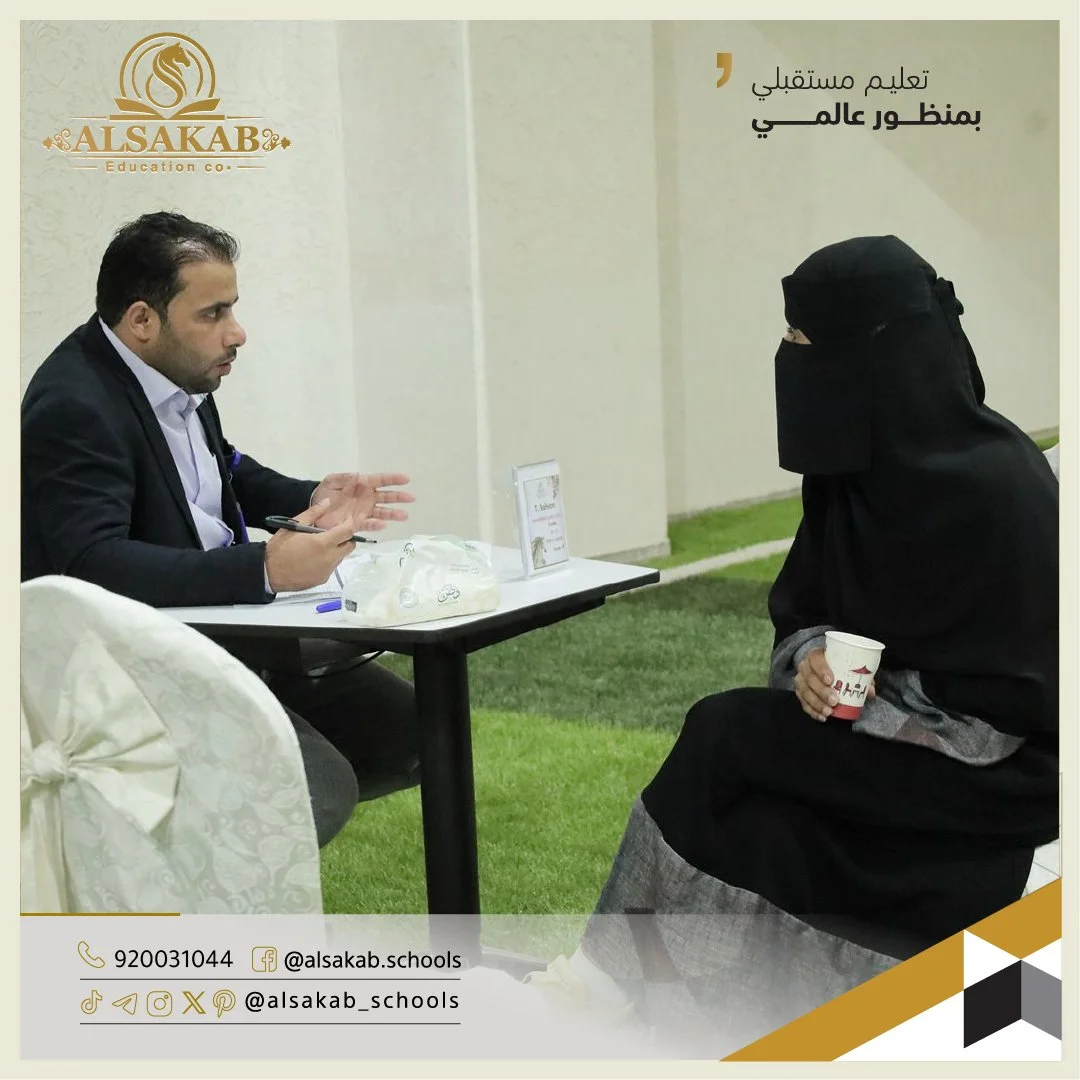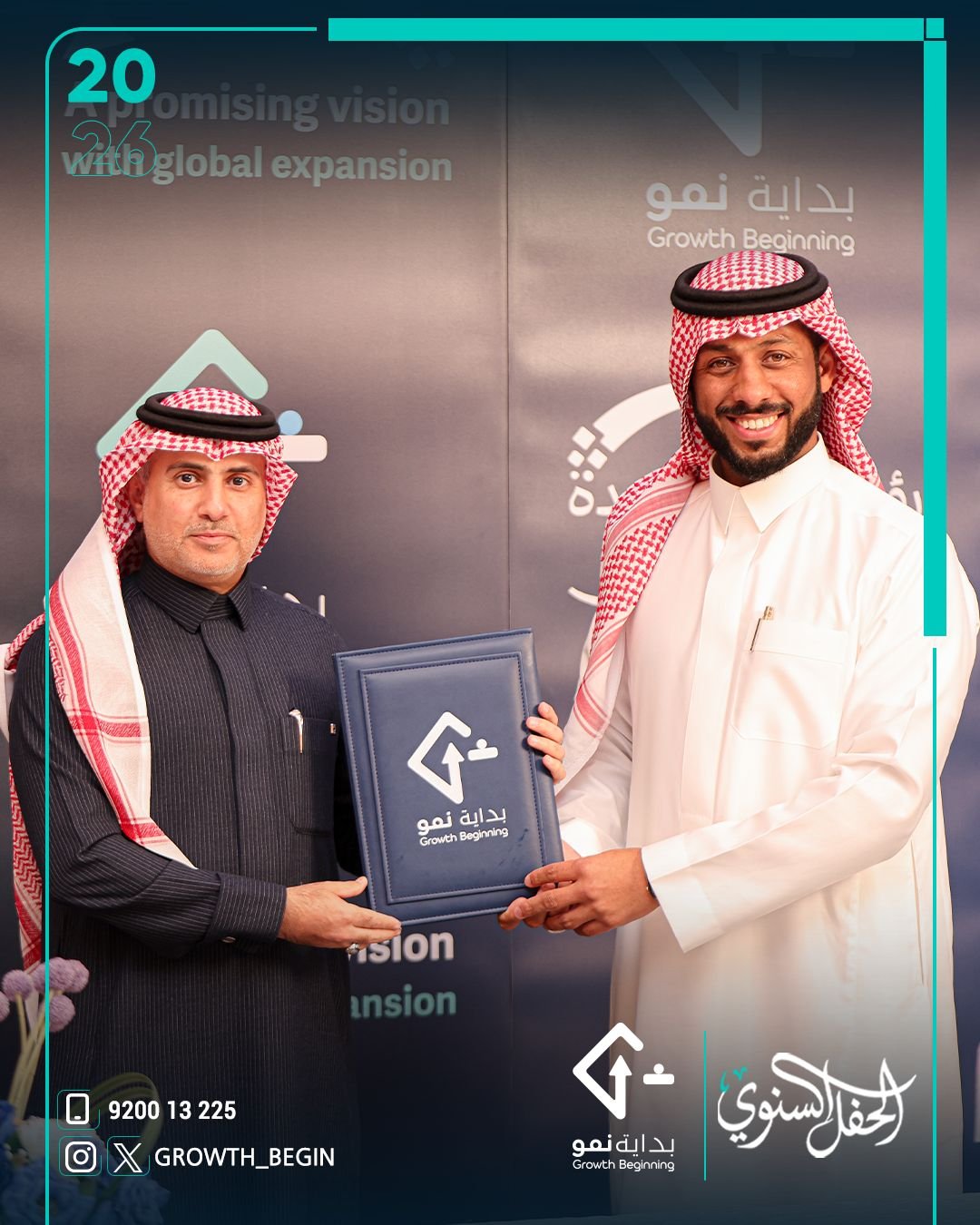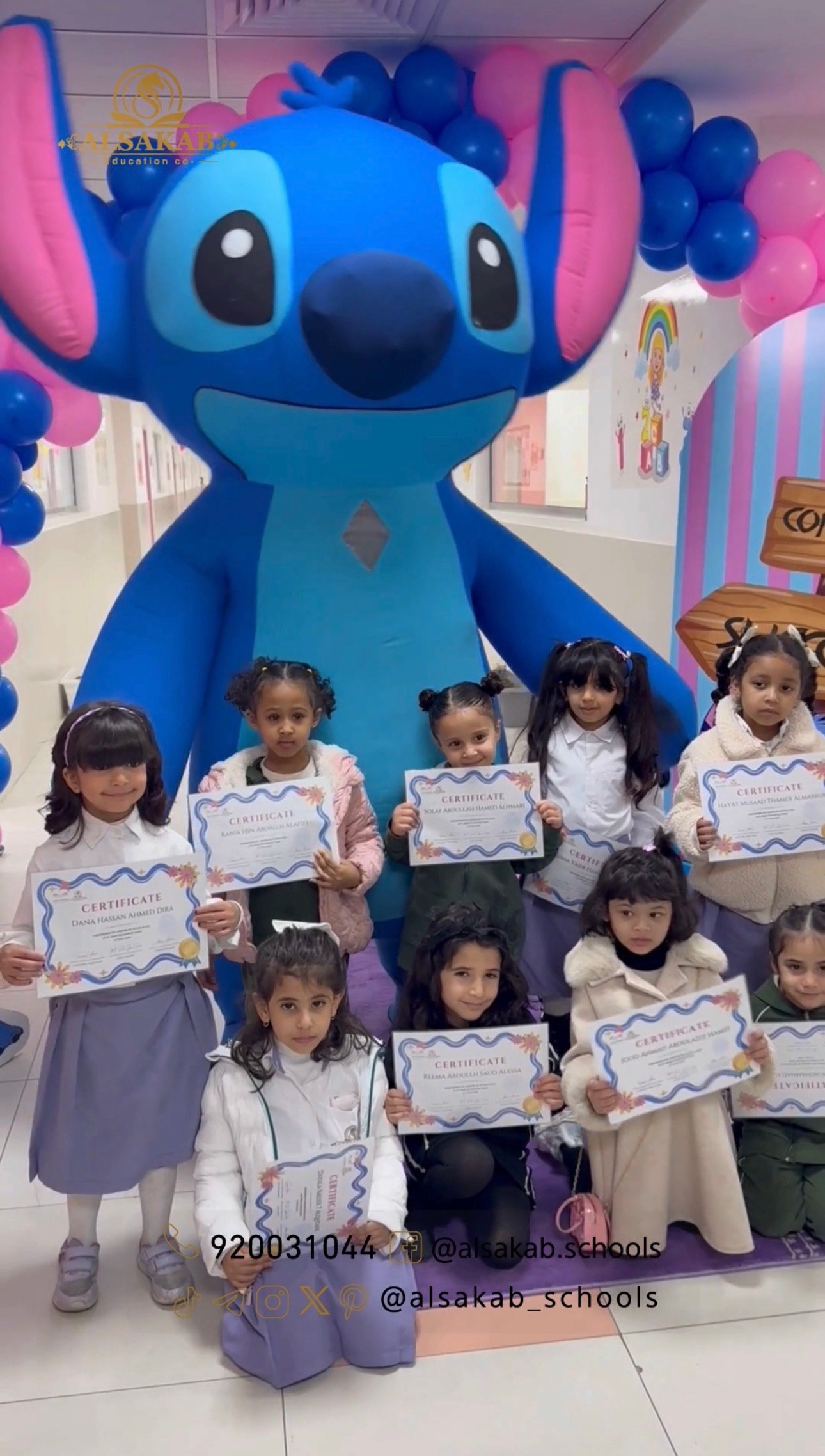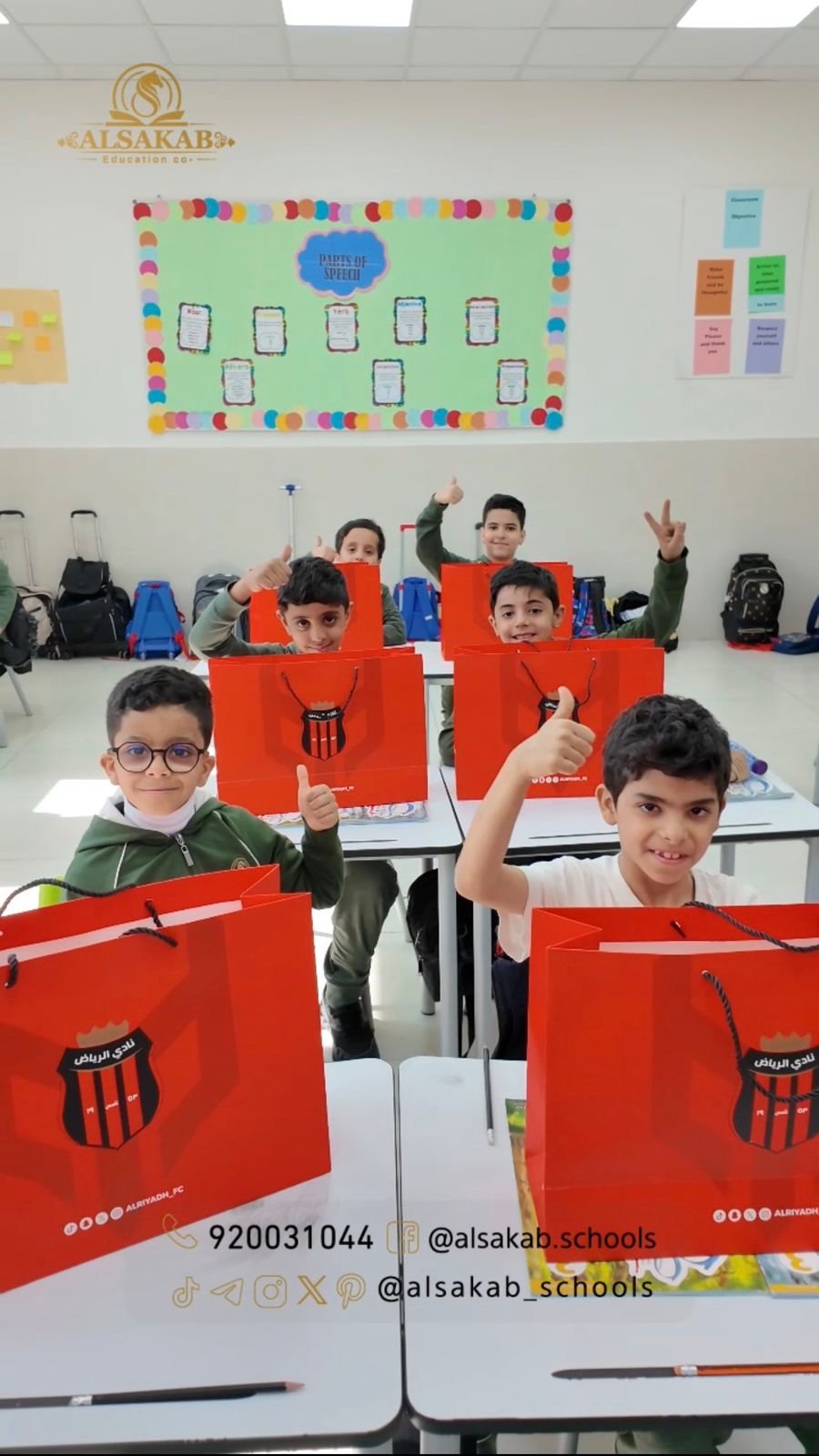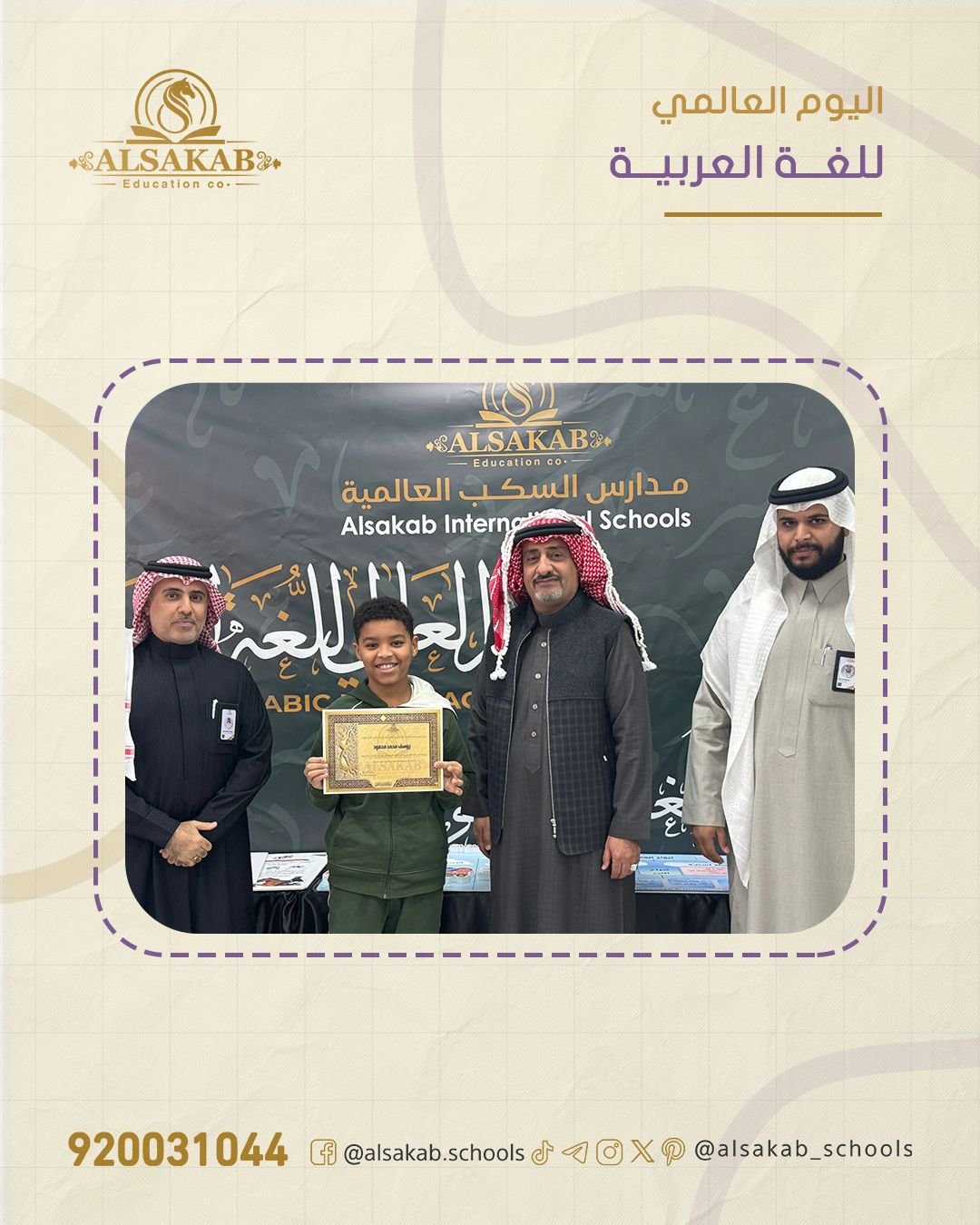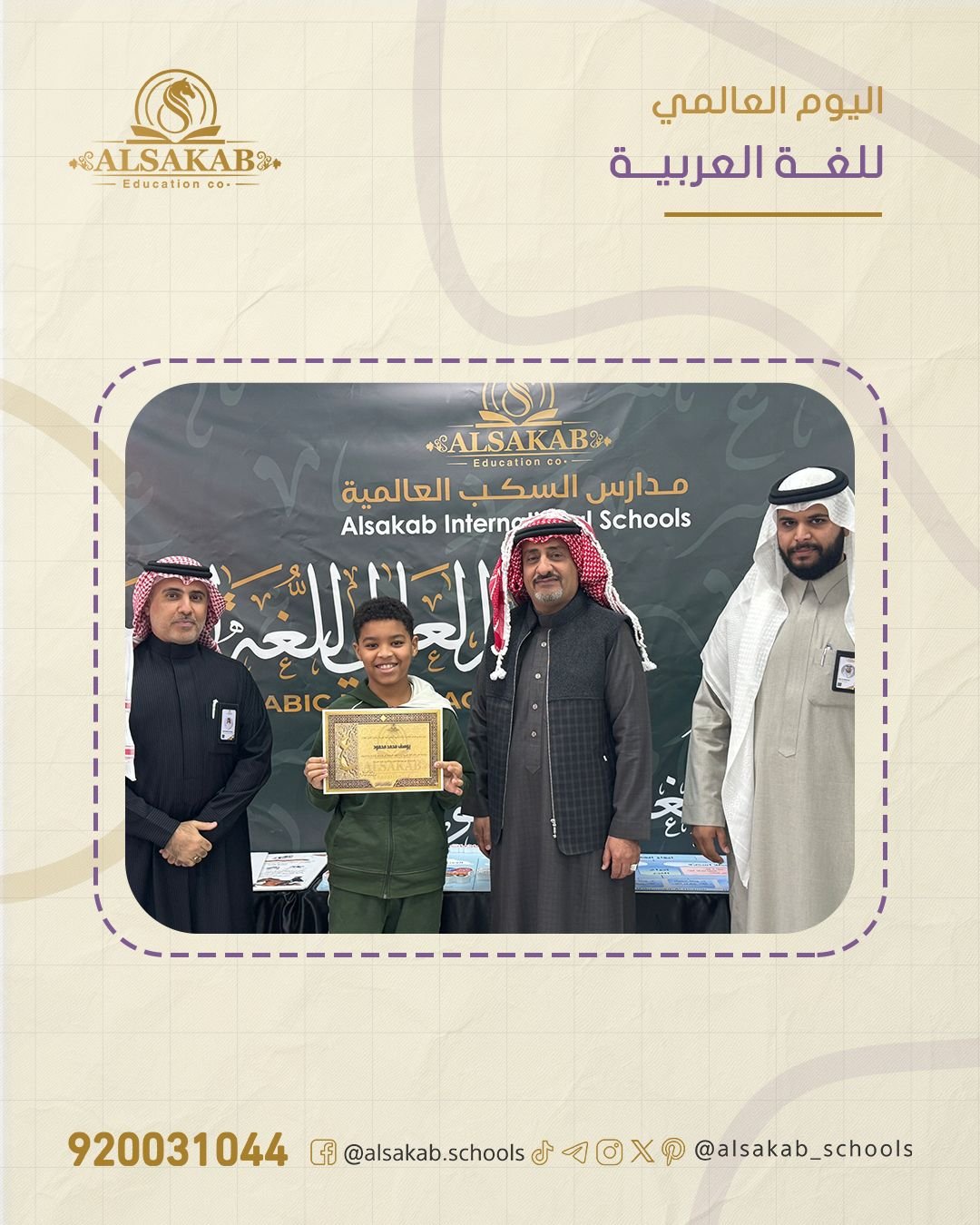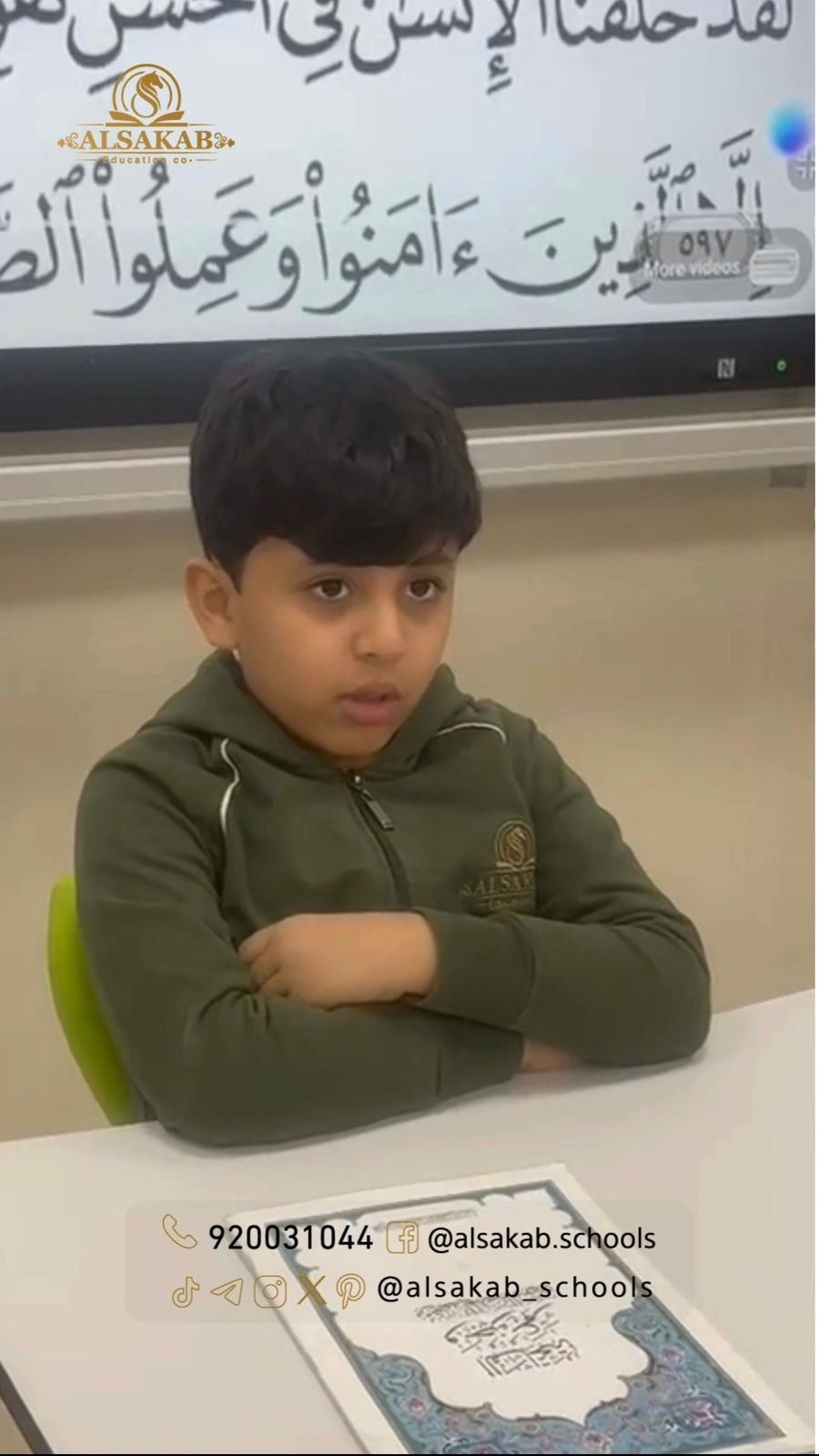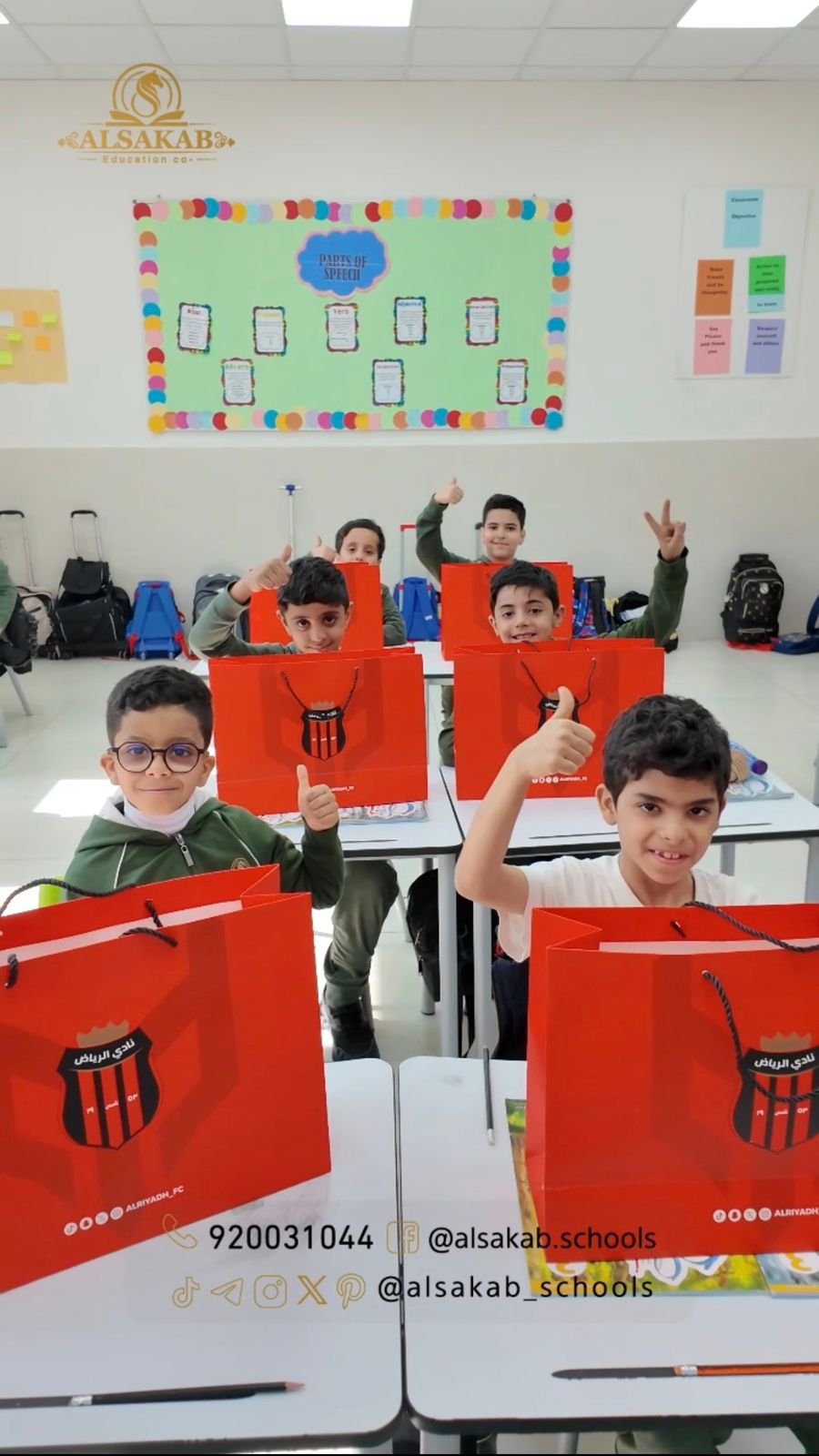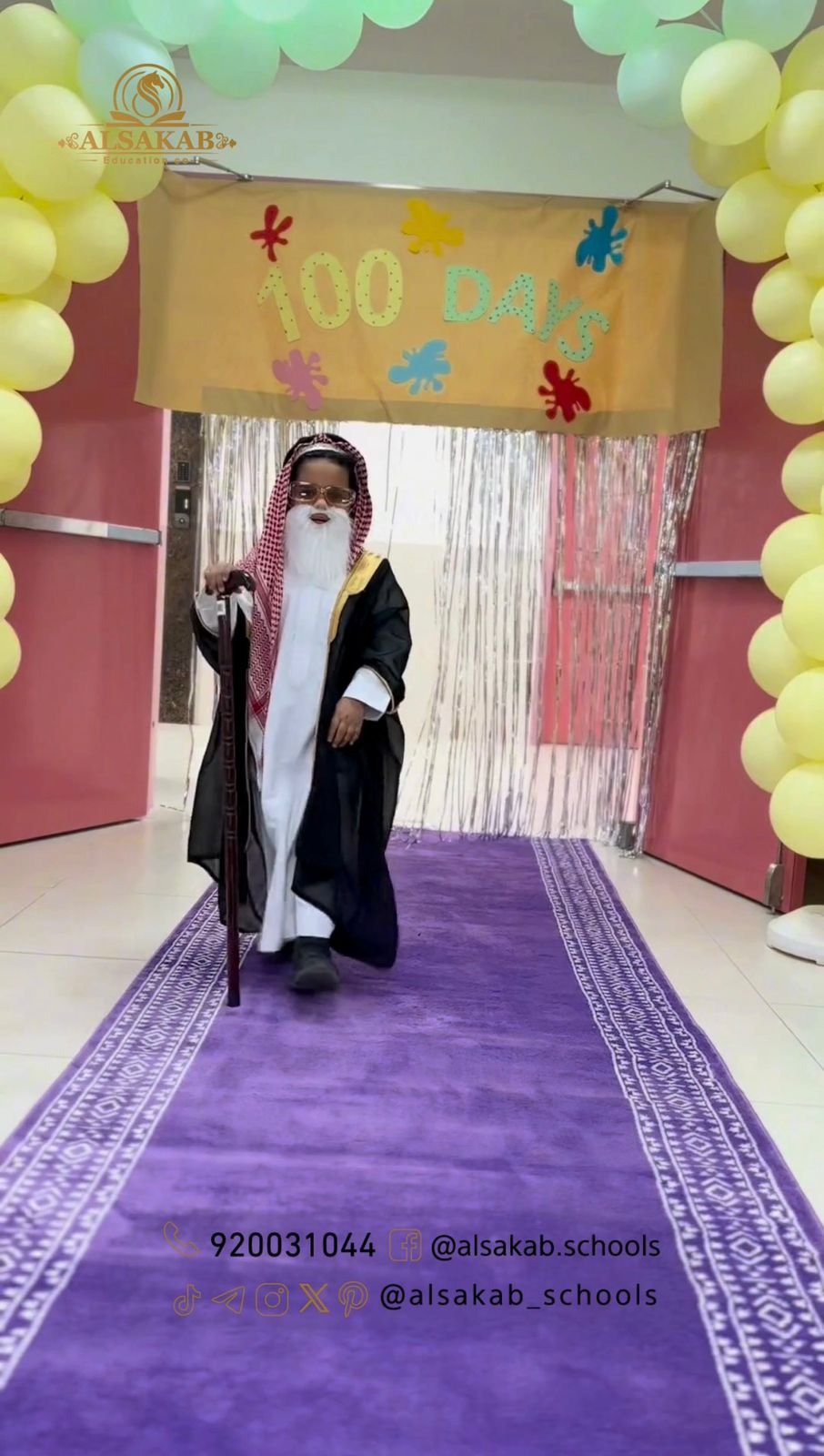The Concept of Innovative Education
Innovative education is considered one of the most important developments in the field of education aimed at improving traditional learning methods and techniques. At Alsakb International Schools, innovative education is adopted as a means to enhance students’ learning experience, motivating them and increasing their interaction and participation in the educational process. This motivation can lead to positive outcomes in terms of academic achievement and personal development for students.
The innovative teaching methods adopted at Alsakb International Schools are designed to meet the changing needs of students. For example, modern technologies such as game-based learning or flipped classrooms contribute to creating a dynamic learning environment. These methods enhance creativity and critical thinking, helping students explore knowledge and skills in a deeper and more interactive way.
Moreover, innovative education also enhances students’ ability to collaborate and engage socially through group activities and joint projects. These activities not only encourage students to learn collectively but also play a role in developing their personal skills, such as leadership, teamwork, and problem-solving. In light of future visions for academic excellence, the adoption of innovative education is a pressing necessity to keep pace with global challenges and meet the demands of the modern era.
Alsakb International Schools continue to develop their educational strategies based on these innovative concepts, making them leaders in improving students’ academic excellence and equipping them with the tools needed to build a bright future.
Modern Technologies and Their Role in Education
Modern technologies continue to shape the landscape of education and have become essential tools contributing to the achievement of innovative education at Alsakb International Schools. Through artificial intelligence, teachers are able to analyze students’ learning methods in greater depth, helping them personalize education to meet individual needs. For example, AI-supported programs can assess students’ performance and provide personalized recommendations, leading to noticeable academic improvements.
Meanwhile, virtual reality offers an immersive learning experience, allowing students to interact with content in a way that makes learning more interactive and engaging. For instance, students can use virtual reality to explore new worlds or study complex scientific concepts in simulated virtual environments. This type of experience not only enriches their knowledge but also enhances their understanding of concepts in ways that traditional methods cannot.
As for e-learning technologies, they have become essential, especially in the current global context. Through online platforms, students can access educational content from anywhere and at any time, increasing the flexibility of the learning process. These technologies promote collaboration between students and teachers and allow academic achievement through various means such as videos, interactive lectures, and group discussions.
Successful experiences at Alsakb International Schools demonstrate the effective role of these technologies. For example, one school was able to improve its students’ performance significantly by integrating artificial intelligence and virtual reality into the curriculum. Therefore, focusing on the development and improvement of these technologies is a strategic step toward future visions for achieving academic excellence.
Encouraging Critical Thinking and Creativity
Critical thinking and creativity are essential skills that should be developed in students at Alsakb International Schools, as they are the cornerstone of innovative education. These skills play a vital role in enhancing the ability to analyze information and make informed decisions, contributing to academic excellence. To stimulate these skills, effective teaching strategies that include interactive learning methods should be adopted to encourage students’ active participation.
Among the possible strategies is the use of discussion groups, where students are divided into small teams to discuss specific topics and analyze various viewpoints. This method allows them to exchange opinions, enhancing critical thinking through challenges and the review of different ideas. Additionally, group projects can be implemented that require students to provide creative solutions to complex problems, which is an effective tool for enhancing innovation skills.
Moreover, teachers play a crucial role in creating a stimulating learning environment. This can be achieved by providing a variety of educational resources such as workshops and seminars, which help develop strategies that support critical thinking. Teachers should focus on encouraging students to ask questions and explore ideas instead of merely accepting information superficially. These practices are part of the concept of innovative education that focuses on developing higher-order thinking skills.
The benefits of enhancing critical thinking and creativity go beyond academic aspects; they also help students in everyday life and professional tasks. By developing these skills, students become more prepared to face future challenges, making them effective leaders in their communities.
Future Visions for Innovative Education
Education globally is undergoing radical transformations that emphasize the importance of innovation in enhancing curricula, with Alsakb International Schools standing as an example of how to achieve academic excellence for students. Innovative education is moving towards more integrated strategies that go beyond traditional methods to meet the changing needs of students and equip them with the skills needed to face future challenges. In this context, it is important to review global trends in this field, which significantly impact how we deal with learning and education.
One future vision is to integrate technology more deeply into the educational process. With the advancement of digital technologies, it has become possible to transform classrooms into interactive environments that enhance the learning experience. Alsakb International Schools are moving towards using artificial intelligence tools and remote learning, allowing students to customize their learning according to their specific needs, which contributes to achieving higher levels of academic excellence.
However, adopting innovative education is not without its challenges. This requires educational institutions, such as Alsakb International Schools, to face numerous obstacles, including resistance to change from some teachers and administrators, as well as the need for continuous qualification and training. It is essential to equip teachers with the necessary skills to handle these new methods, as well as to provide the appropriate support to students to effectively utilize the available educational opportunities.
In conclusion, innovative education at Alsakb International Schools is one of the key pillars for achieving clear future visions for sustainable academic excellence, ensuring that students are well-prepared to face a world full of challenges and opportunities.
